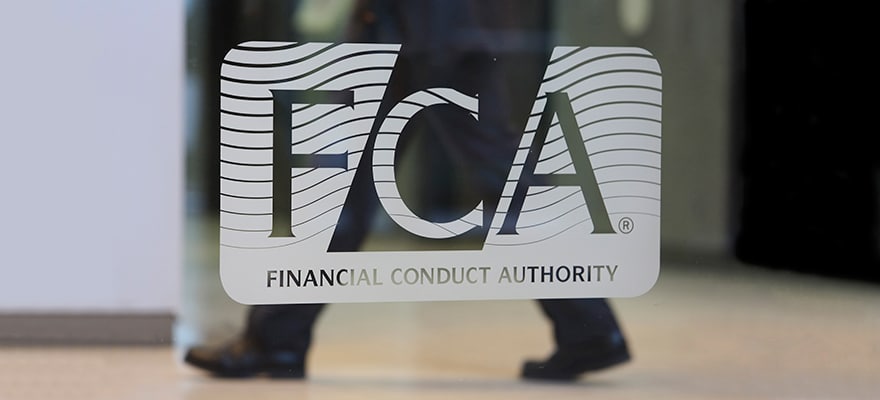According to the findings from a recent study conducted by a commissioner overseeing financial authorities in the UK, Antony Townsend, has iterated that the FCA has been way too soft in the aftermath of the financial crisis and has not been vigilant enough in encouraging real reforms.
The study cites the FCA as being “defensive in the face of criticism” and condemns some of the practices of the watchdog as inappropriate.
The FCA is being accused of not dealing properly with a number of companies by Anthony Townsend, who authored the report. The main reasons for the deteriorating performance of the services which the UK financial regulator is supposed to supervise are related to increased workload and staff shortages.
Rising Complaints in the Midst of Leadership Challenges
With increased public pressure on the vigilance which the financial sector requires in order to be 'reined in', the Brexit is not likely to change the financial regulatory framework in the UK to a more moderate one.
“While the FCA continues to deal with the majority of complaints competently and fairly, I have seen examples of an unwillingness to face up to and admit shortcomings, and delays in dealing with ‘awkward’ cases,” the author of the report states.
Part of the challenges which the FCA faces lie with the lack of long term governance. The UK financial sector overseer has had three different chief executives throughout the past 12 months.
The FCA received 590 complaints last year. The figure compared to only 464 during the previous twelve months. Commissioner Anthony Townsend has received 131 complaints which were the basis for his report.
The UK regulator is in for a tough challenge in the coming years as the number of staff is unlikely to change due to the prospective repercussions of the Brexit. At the same time, the implementation of MiFID II next year is likely to additionally increase the workload for existing personnel of the FCA.
With these challenges in mind, the UK financial watchdog could also have to devise contingency plans on how to orchestrate the exit of a number of financial firms from European Union passporting in an orderly fashion.


















